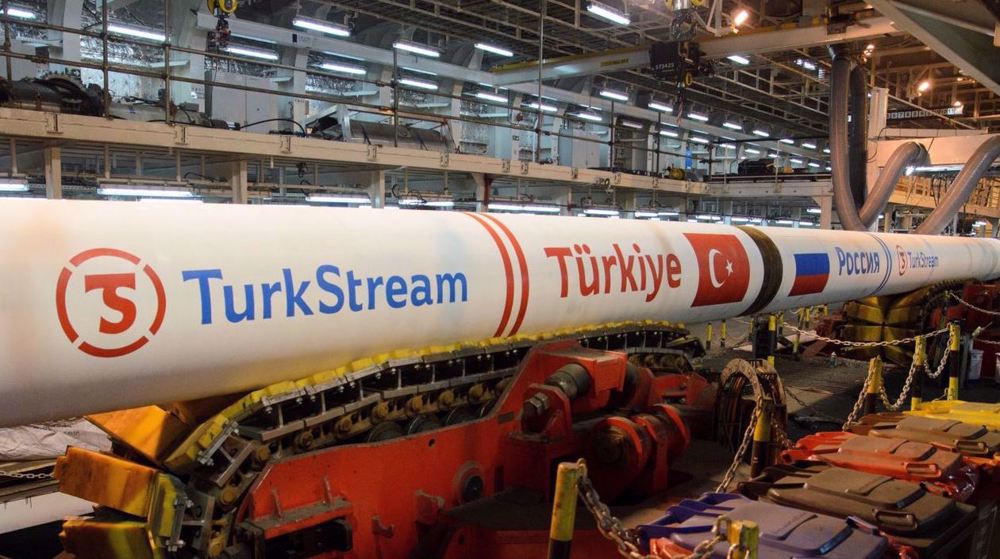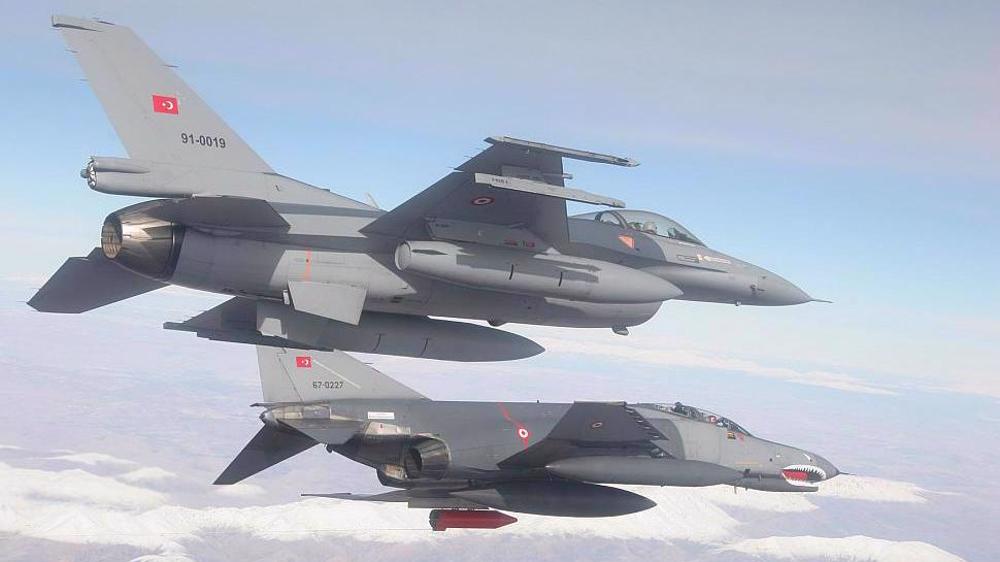Turkish police nab over 1700 refugees after Ankara-EU deal
Turkish security forces have detained more than 1,700 refugees in the country’s Aegean coast in a massive operation shortly after a controversial deal was sealed between Ankara and the European Union to curb the massive exodus of asylum seekers into the continent.
According to a Turkish military statement, a total of 1,734 refugees and 16 smugglers were taken into custody at several locations near Turkey’s western coastal town of Dikili in the Izmir province on Friday. The operation involved coastguard, navy, police and was backed by helicopters.
The busted asylum seekers were all temporarily taken to a sports hall in the town to be questioned about their backgrounds and nationalities. According to local officials, they were trying to reach the Greek island of Lesbos, which lies directly across from Dikili.
Earlier in the day, an agreement was clinched in Brussels between Turkish Prime Minister Ahmet Davutoglu and the EU to curb the huge flow of asylum seekers to Europe. Under the pact, Ankara will be obliged to take back all illegal refugees deported from Greece while the EU will accept thousands of Syrian asylum seekers directly from Turkey.
According to the agreement, Turkey will start accepting the illegal refugees who were crossing into Greece as of March 20 and the relocation of refugees from Turkey into the EU would occur as of April 4.
Although the Turkish premier said the deal was meant for “humanitarian” purposes, Ankara inked the deal in return for financial rewards. According to Davutoglu, the €3 billion that the EU has pledged will be spent on Syrian refugees in Turkey in the coming weeks and another €3 billion will also be given to it until the end of 2018 to help improve the conditions of the asylum seekers of the war-torn country.
Critics say Ankara is using the EU refugee crisis as a platform not only to get money but also to make a fresh push on talks over Turkey's membership in the EU and visa-free travel for Turks to Europe's Schengen states.

Reactions to the deal
The EU-Turkey deal, however, has provoked reactions from aid agencies about its legality and practicability.
The United Nations' refugee agency said in a statement that the accord clarified some issues while its correct implementation remained a crucial point. “How this plan is to be implemented is thus going to be crucial. Ultimately, the response must be about addressing the compelling needs of individuals fleeing war and persecution. Refugees need protection, not rejection."
The United Nations Children's Fund also expressed concerns about the fate of refugee children, saying the returning of the minors to an uncertain future in Turkey could be deeply distressful and damaging for them. “Common ground that puts children's best interests first and is fully aligned with international law, needs to be found. That means putting in place minimum measures that secure children's basic needs, and protect their fundamental rights,” the UN body added.
The UK-based NGO Save the Children also said that they were “incredibly disappointed” by the deal, saying people, not borders, should be protected. “For the many thousands of refugees stranded in the mud, cold, and wet, anxiously awaiting the news from Brussels, this deal will only create more uncertainty."
Meanwhile, the British charity Oxfam slammed the pact and said it only failed to respect the spirit of international and EU laws. According to the charity, the deal might amount to trading human beings for political concessions.“The cost of European border control cannot continue to be paid with human lives. Oxfam calls on the EU to adopt effective solutions for managing migration, including safe and legal routes for those seeking to enter Europe."
Amnesty International has also decried European leaders of "double speak" over the deal, saying it failed to hide the EU's "dogged determination to turn its back on a global refugee crisis.”
Europe is facing a massive flow of refugees who are fleeing conflict-ridden zones in Africa and the Middle East, particularly Syria.
Hamas thanks Iran, Resistance Front following achievement of ceasefire in Gaza
'Capitulation': Israeli officials and media concede Gaza defeat as truce unfolds
'Gaza has won': Social media users react to ceasefire with mix of relief, joy
Iran seeks South Korea’s assistance for AI, fiber-optic projects
VIDEO | Iran's 'Eqtedar' (Power) maneuver
Israel hits HTS military target in Syria for 1st time since fall of Assad
VIDEO | Press TV's news headlines
Israel has slaughtered 13,000 students in Gaza, West Bank










 This makes it easy to access the Press TV website
This makes it easy to access the Press TV website